EU mandates car rental companies to switch to electric vehicles – a cunning plan
The European Commission is secretly developing a proposal that will oblige large companies and car rental agencies to purchase only electric vehicles starting in 2030.
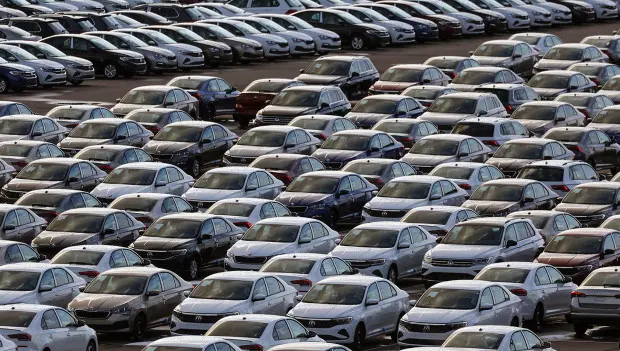
This cunning plan will affect 60% of new car sales. According to open data, 10.6 million cars were sold across Europe in 2024.
Officially, the lifespan of internal combustion engines in the EU ends in 2035 — and that seemed to be it. But now the European Commission may accelerate the transition from climate-damaging petrol and diesel vehicles to electric cars significantly faster than previously thought.
Brussels, it seems, intends to start with company fleets to expedite the ban on internal combustion engines. German companies fear that by 2030 a 100% share of electric vehicles will be enforced. This will affect the majority of new car registrations in Europe.
The implementation of a quota for electric vehicles is being discussed, set to reach up to 75% by 2027 and 100% by 2030 for new cars. Since the EU interprets the notion of a "fleet" very broadly, this measure will expedite the phase-out of internal combustion engines. After all, fleet encompasses vehicles from leasing companies and rentals, for instance. Therefore, leasing companies are already sounding the alarm: over half of all cars sold in the EU are registered by members of the Leaseurope association, as reported by its director Richard Knubben. If the EU imposes an electric vehicle quota for fleets starting in 2030, it will effectively be an early ban on internal combustion engines through the "back door".
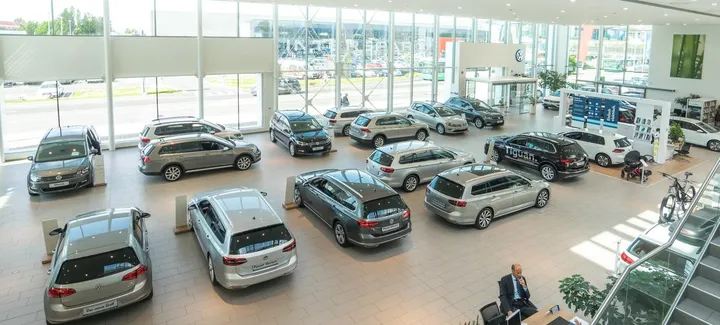
For rental companies like Enterprise, Hertz, Sixt, and others, this becomes a problem: in 2024, they drastically reduced the offer of electric vehicles (as reported by DMM). The reason is low demand, especially in Germany, high repair costs, and low residual value, making electric cars unprofitable for rental. Thus, they have reverted to relying on cheaper but climate-damaging internal combustion engines — much to the delight of VDA (the German Automotive Industry Association) and the whole German automotive industry. But now electric cars might become mandatory for them.
However, even this plan sparks controversy. The environmental organization Transport & Environment (T&E) warns that easing the internal combustion engine ban could cost Europe up to 1 million jobs (as reported by DMM). If European companies do not take a leading position in electric vehicle manufacturing, cars and batteries will be produced in other countries in the future — most likely in China, says T&E.
Automakers have a different perspective. According to VDA, T&E's study is based on incorrect assumptions. A VDA representative claims that tightening regulations will unlikely create jobs and economic growth. On the contrary, VDA insists on technological neutrality. The idea: with synthetic fuel E-Fuels (which, however, will be 3–5 times more expensive than regular petrol), carbon neutrality can be achieved even with internal combustion engines.
You may also be interested in the news:

Android Auto 16.3 Is Rolling Out — But Not Everyone Will Get It Right Away
Google is expanding Android Auto’s capabilities with climate control and radio integration.
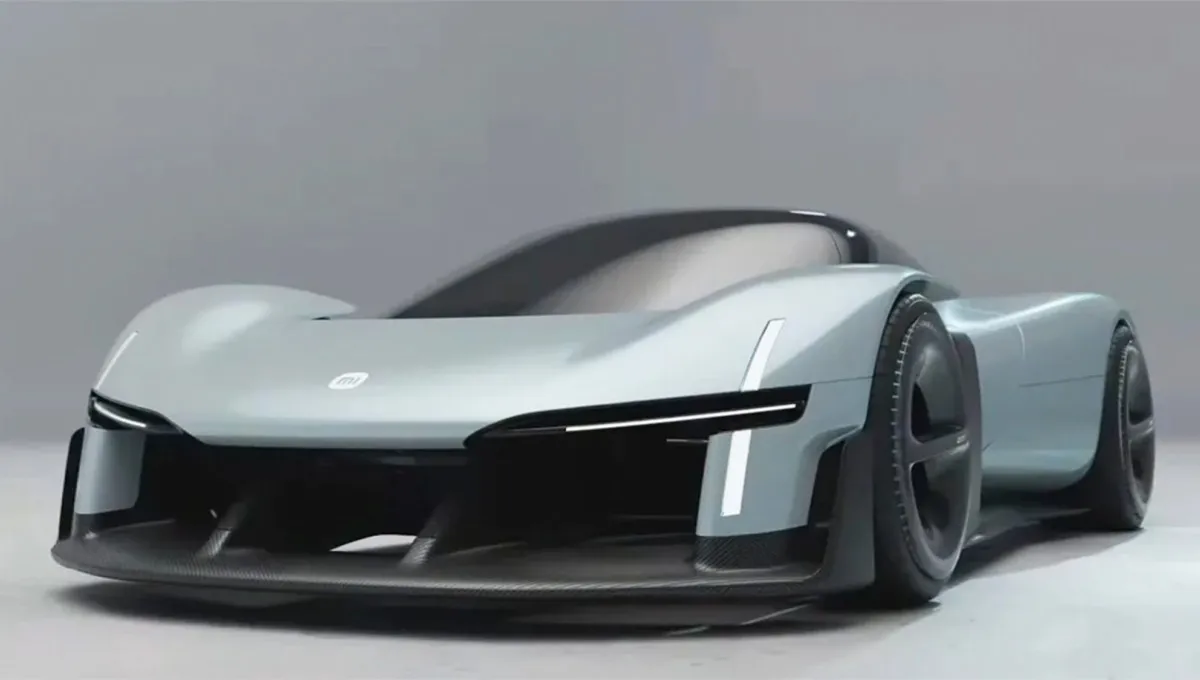
Xiaomi Vision GT Presented in Barcelona: A Supercar for Gran Turismo
Xiaomi is preparing its entry into Europe through virtual racing
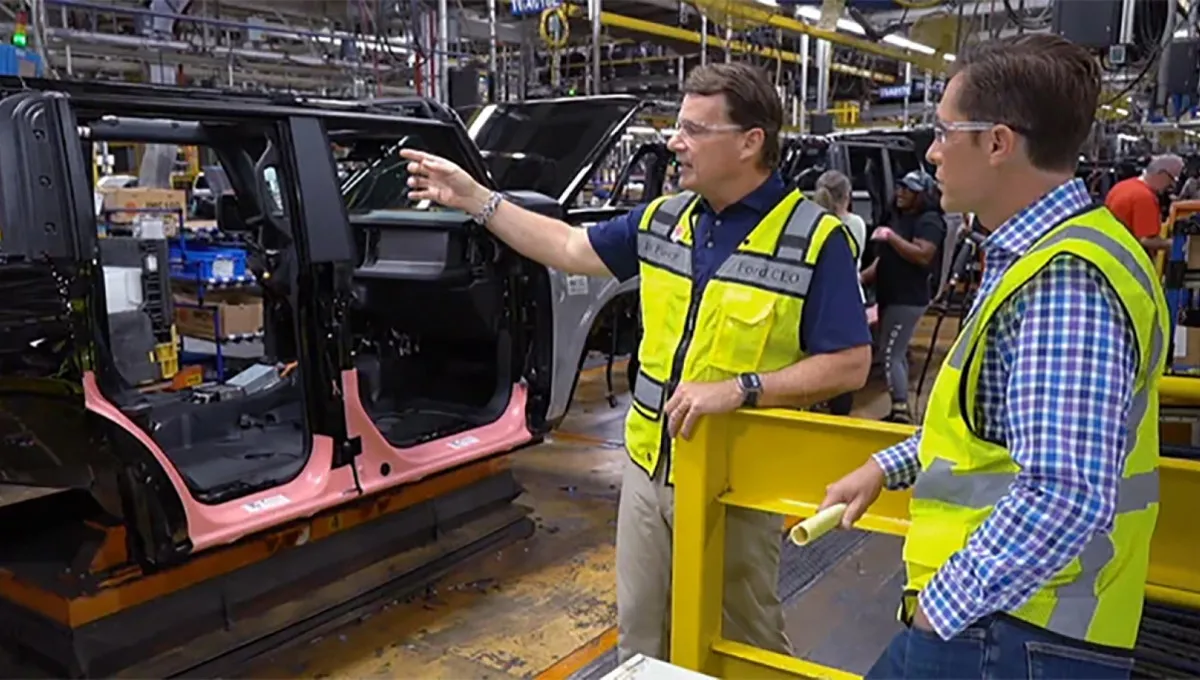
Ford Motor Company CEO Tore Down a Tesla Model 3 and a Chinese EV — and Was Stunned by What He Found
Jim Farley says the experience forced him to rethink Ford’s entire electric vehicle strategy.
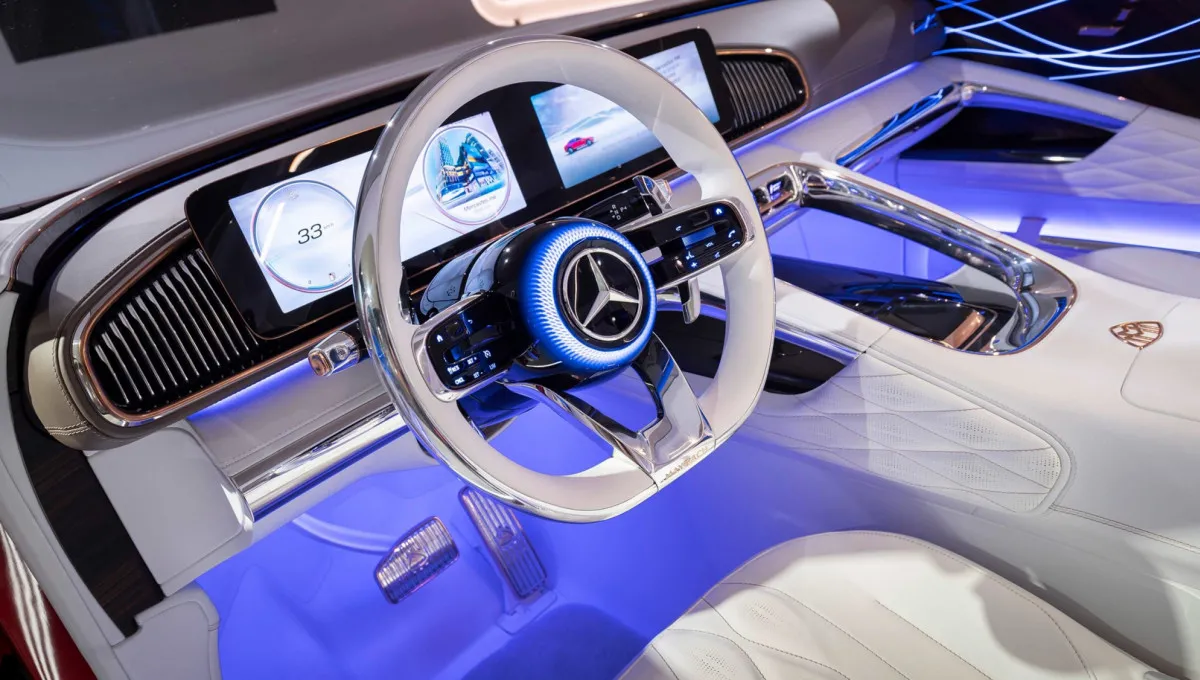
"Brain Can't Keep Up": Mercedes-Benz Patents System to Protect EV Passengers from Motion Sickness
Many drivers and passengers report stronger motion sickness symptoms in electric vehicles.

Stellantis CEO Filosa Earned $6.37 Million — But Missed Out on Key Bonus
Here’s why he fell short of several million more.